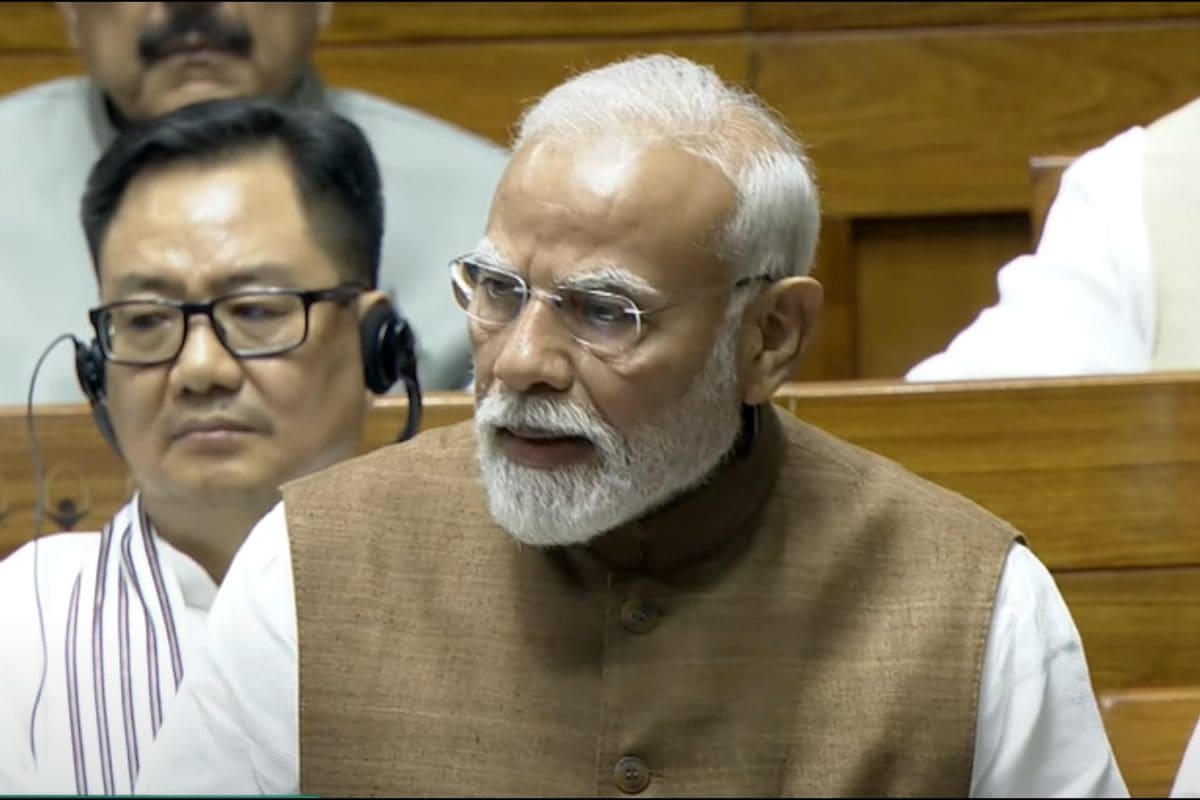

Prime Minister Narendra Modi has asserted that India has corrected a historical wrong concerning the Indus Waters Treaty, emphasizing that "blood and water cannot flow together". This statement, made during the ongoing monsoon session of Parliament, underscores a significant shift in India's approach to the water-sharing agreement with Pakistan, especially in light of recent events.
Modi criticized the Indus Waters Treaty, signed by then Prime Minister Jawaharlal Nehru in 1960, as a "blunder" that disadvantaged India. He highlighted that the treaty allowed the World Bank to dictate the fate of rivers originating in India, allocating 80% of the water to Pakistan and only 20% to India. Modi also pointed out that Nehru not only shared the waters but also provided funds to Pakistan for dam construction. According to Modi, Nehru prioritized immediate effects over long-term consequences, leaving the country behind.
In the wake of the Pahalgam terror attack, which claimed the lives of 25 tourists and a Kashmiri individual, India suspended the Indus Waters Treaty as part of its response. Modi conveyed a firm message to Pakistan, stating that while a ceasefire had been agreed upon, the suspension of the treaty would remain in effect. He declared that "terror and talk cannot take place together," and, similarly, "water and blood also cannot flow together". Modi's government made it clear that any future actions would depend on Pakistan's behavior.
The suspension of the Indus Waters Treaty marks a significant departure from India's previous stance, as such a measure was not taken even during times of war with Pakistan. This decision drew strong reactions from Islamabad, which warned that any diversion of water allocated to them would be considered an "act of war".
Modi's government has defended Operation Sindoor, launched in retaliation for the Pahalgam attack, asserting that it has reset the rules of engagement concerning terrorism. Modi stated that India would respond to terror on its own terms and would not tolerate nuclear blackmail. He further claimed that no world leader had asked India to halt Operation Sindoor, emphasizing the country's resolve in combating terrorism.
Furthermore, Modi's critique extended to other decisions made by previous Congress governments, which he views as detrimental to India's interests. He referenced the return of the Haji Pir Pass after the 1965 war and the failure to secure Kartarpur Sahib in 1971, despite holding 93,000 Pakistani prisoners of war. Modi accused the Congress party of prioritizing diplomacy over national security, leading to long-term disadvantages for India.
The Prime Minister also criticized the Congress party's foreign policy decisions, such as granting Most Favored Nation (MFN) status to Pakistan in 1996 and maintaining it even after numerous terror attacks. He stated that while Pakistan was "playing Holi with blood," the Congress party was holding "mushairas," hoping for peace. Modi's government has since revoked MFN status, stopped visas, and closed the Attari-Wagah border.